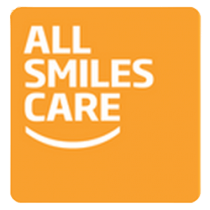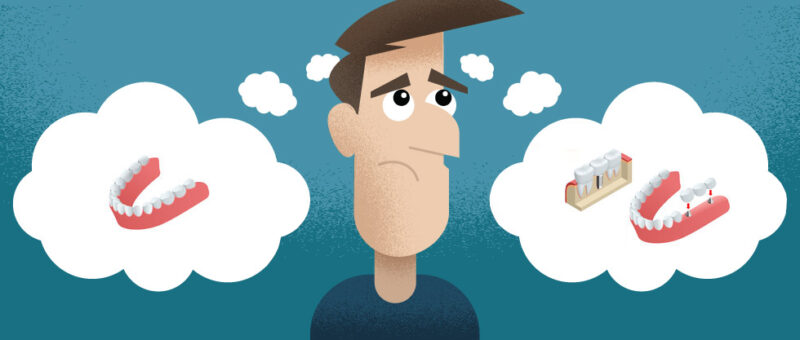One of the most chronic conditions in the United States is tooth decay. In fact, 1 in every 5 children in the United States has tooth decay before the age of 10.
It’s up to us parents to help our children establish good oral hygiene young. An ounce of prevention is a pound of cure, meaning good brushing habits established young can make all the difference in your child’s teeth later in life. The foundation for your child’s permanent teeth is built young, so teaching them the importance of great oral hygiene is incredibly important for their future!
Needless to say, you can set a great example for your children by showing them your great tooth care habits. It sends a message that taking care of your teeth is a priority. However, there are some basic guidelines for helping your children take care of their own teeth!
Take Care from the Get-Go
Because teeth can begin decaying after the initial eruption, it’s important to start taking care of your baby’s gums and “teeth” right away. You can clean your baby’s gums with a washcloth or gauze. This helps remove bacteria. Once your baby has teeth, you can begin using a baby toothbrush to clean them as they’re farther apart and sporadically coming in.
Children who are one to two years old (12-24 months) are typically ready for the next step.
Beginning to Brush
As teeth typically begin to erupt around 6 months old, the one-year mark is typically when parents start implementing good oral hygiene habits.
After your child has begun teething and he or she has a few teeth erupted, it’s time to create those great brushing habits. Once your baby is over a year old, it’s appropriate to start using a child-sized toothbrush and a very minimal amount of toothpaste.
Though fluoride is very important to the overall health and protection of your child’s teeth, wait until your child can spit properly before using fluoride toothpaste. That way you can prevent the ingestion of too much fluoride and toothpaste.
Teaching Proper Techniques
Once your child has their primary teeth and they’re getting a little older, helping them understand proper brushing techniques and oral care will be an investment in their future health.
Brushing
To make sure your children are brushing properly from an early age (which will help prevent tooth decay down the line!) A great frame of mind to instill is, “every tooth, every time.”
Teach your child these brushing basics to keep their teeth on track:
- Hold the brush at a 45-degree angle to effectively clean the teeth
- Brush teeth for a minimum of 2 minutes
- Replace the toothbrush every 3-4 months and after sickness like a cold
- Don’t forget to brush the tongue and cheeks!
Flossing
Kids should be expected to floss too, but only after they have two teeth touching. After all, flossing is a habit that would be amazing to establish early on. That way there’s no need to push remembering to floss every day down the line!
While kids might not need as much help brushing – they’re typically self-sufficient here by age 6 – learning to floss takes longer. That said, teaching your child to floss fortunately isn’t rocket science.
You’ll have them flossing in no time with these tips.
- Use a small piece of floss to start. 18 inches or so should do the trick!
- Be sure to use fresh pieces of floss
- Floss using a “c” shape. Keeping it pressed against the teeth, bring it up and down to clean the entire surface
- Don’t forget to floss all teeth, even the back ones
Diet does damage
Another piece of the puzzle is to teach your children their diet affects their teeth. It’s common knowledge to us that sugar is bad for our teeth, but that’s not knowledge installed at birth! Help your child protect their teeth from the sugars and starches of snacks like cookies, candy, soft drinks, and other kinds of desserts.
When your child gets his or her first tooth, somewhere between six months old and 12 months old, it’s the perfect time to make an appointment with your dentist. Our family-friendly office and exceptional staff are ready to help protect and prevent decay on your child’s teeth.


